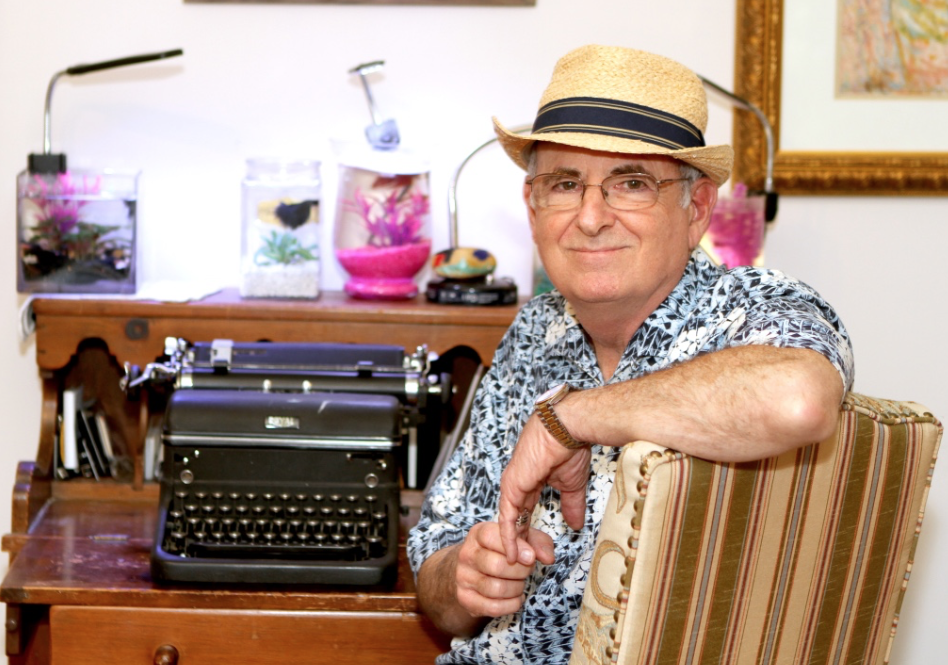Doo-wop on my mind

Rock ‘n’ roll is here to stay. After all, aren’t we still listening to it? I remind my kids that they are not now listening to the music that was meaningful to them when they were teens. I am. My tastes have broadened but the Golden Oldies are my default setting.
And why not. The music of the ’50s and early ’60s not only spoke to us but the language was simple, easy to understand, and seemed to be wrapped up in our wishes, dreams, and heartaches. The songs about love, love requited, and death from love lost were our songs. Many groups covered the songs; the songs covered our lives. As I listened to the ‘50’s and ‘60’s channels on satellite radio, I began to get interested in where the groups were from; I already knew a lot about where the music came from. Then it dawned on me…
Brooklyn is so well known for so many things. The question hit me like a thunderbolt. What about rock ‘n’ roll groups from Brooklyn? Not a group that had someone from Brooklyn in it, but a group of Brooklynites who formed a group. Oh, there were groups from the Bronx, Queens, Manhattan, and Staten Island, but about them I said, “Who cares? I’m writing for the Brooklyn Eagle.
So far, I’ve come across seven called by people, unlike me, who really know something about the subject the real McCoy. Here they are and here’s what I found when I investigated them. If you know of others, please share the “info” with me. The groups were The Three Friends, The Sinceres, The Chimes, The Passions, The Classics, The Tokens, and the Jive Five. I’ve since discovered the Fellows. As I looked into these groups it became apparent that stability wasn’t part of the genre. The members of the groups, and sometimes the groups themselves, were like pieces in a Chinese Chess game. They moved here and there, some were like Transformers changing themselves into different groups. While everyone wanted a hit, the main drive was the love of harmony and singing it.

Brooklyn Boro
View MoreNew York City’s most populous borough, Brooklyn, is home to nearly 2.6 million residents. If Brooklyn were an independent city it would be the fourth largest city in the United States. While Brooklyn has become the epitome of ‘cool and hip’ in recent years, for those that were born here, raised families here and improved communities over the years, Brooklyn has never been ‘uncool’.